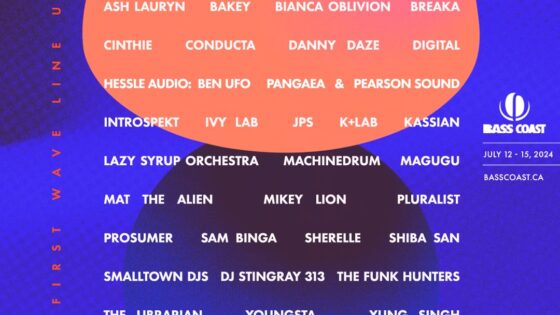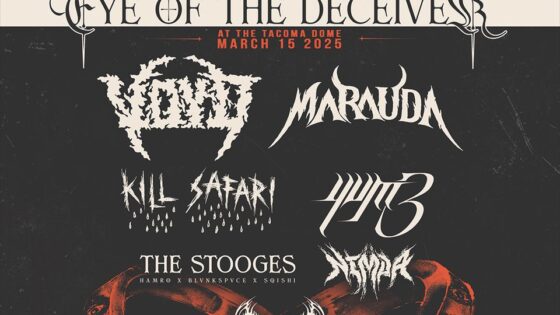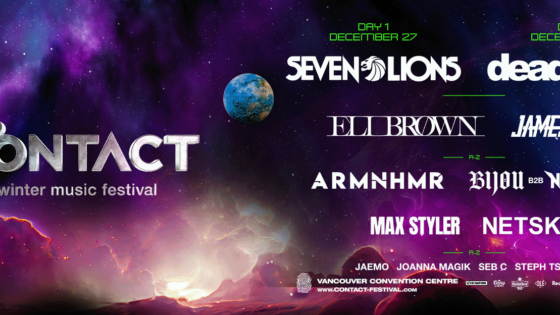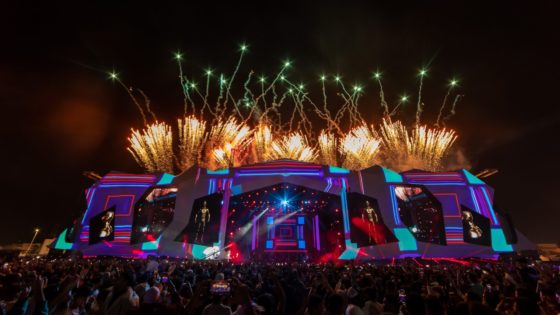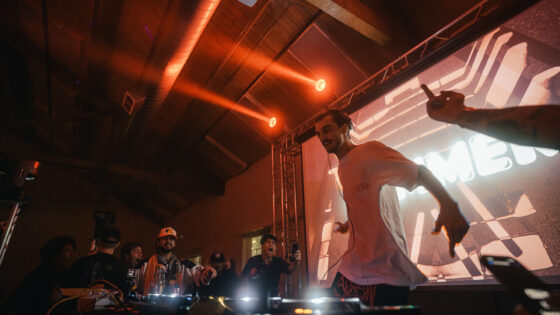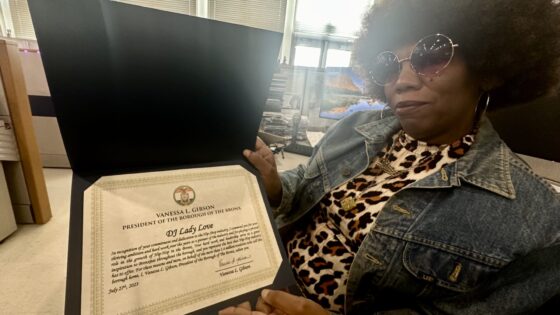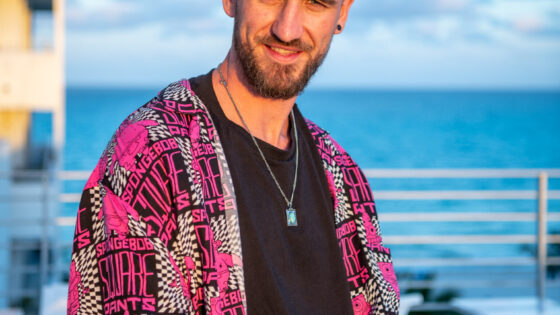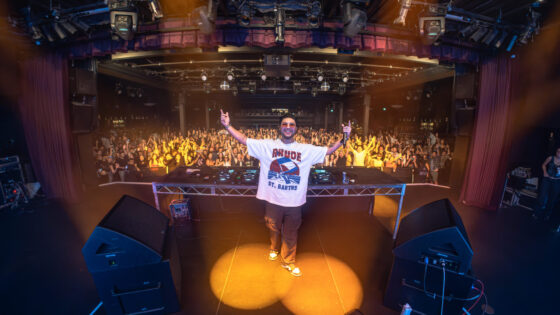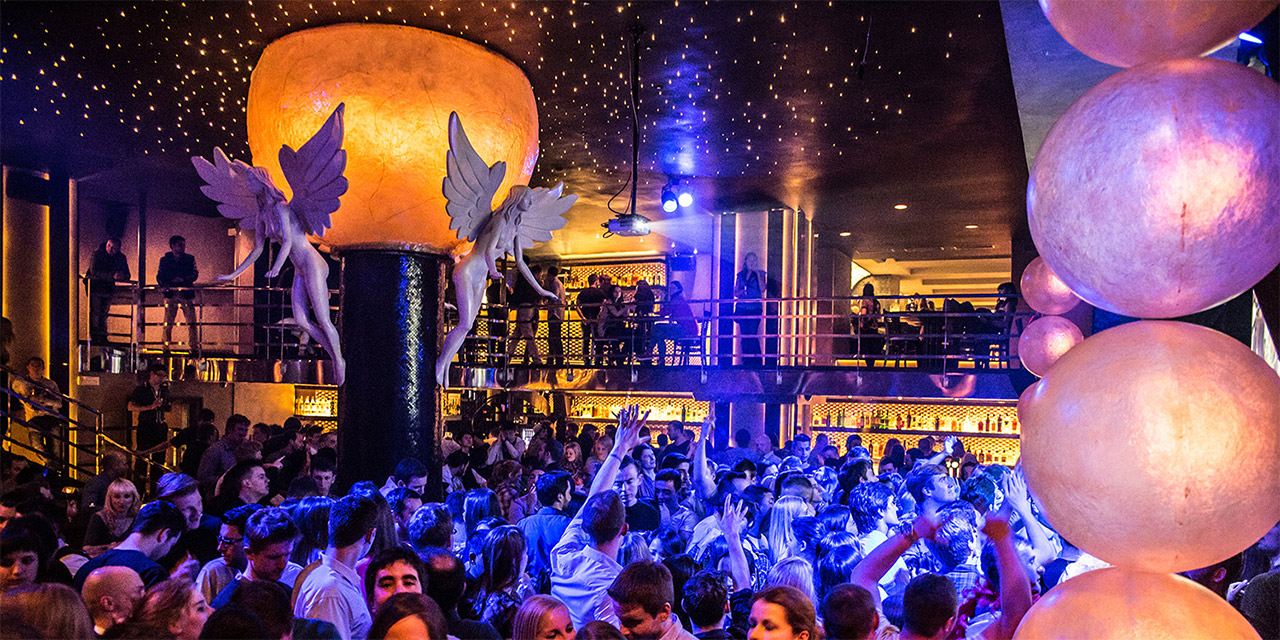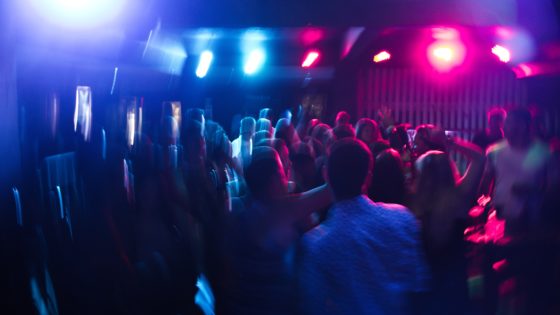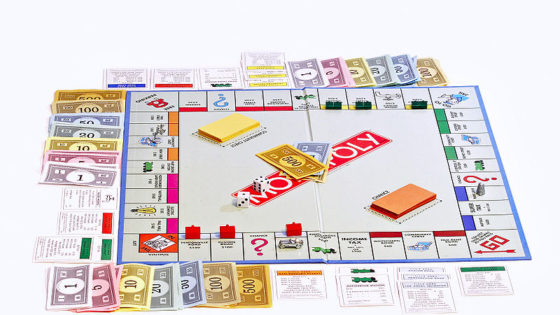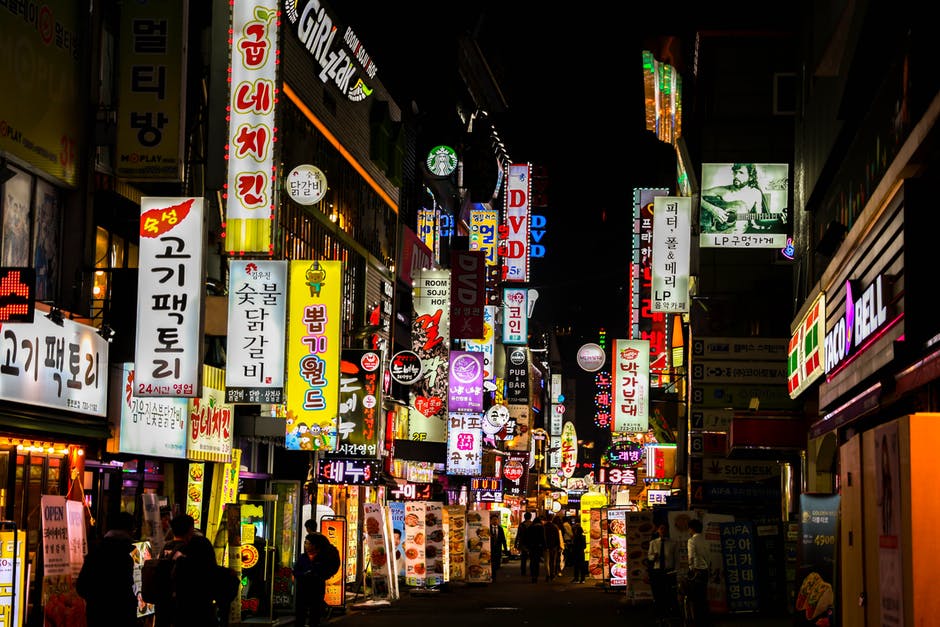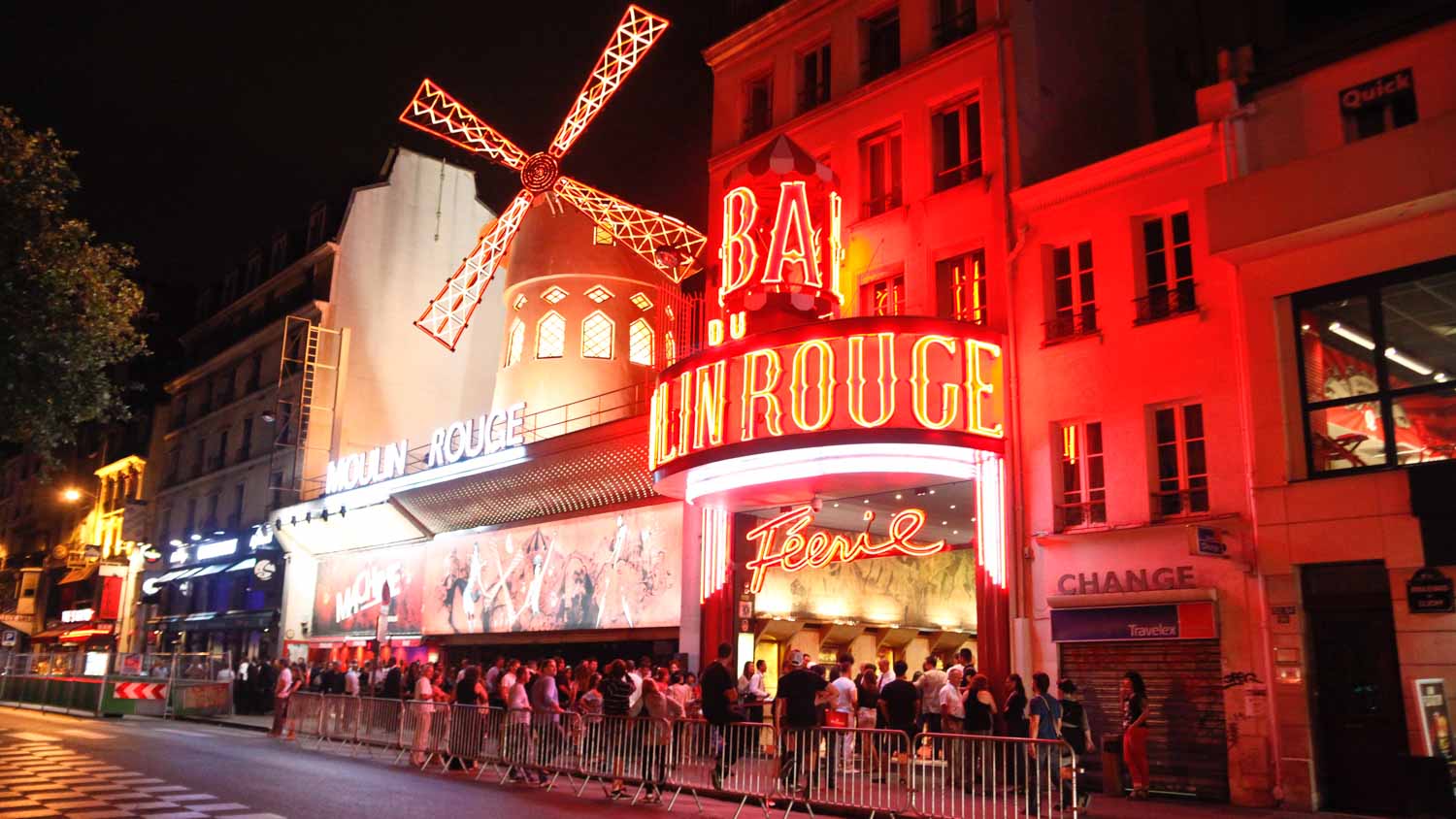The fact that we have to talk about sexual misconduct so often is extremely frustrating, but absolutely necessary.
In order to eradicate a problem, it must be attacked from all sides and from many different viewpoints. Recently we published an article on the topic of consent and how to protect our community from within. EDM culture has always been based on looking out for not only our friends but even strangers who seem like they might need some help. So why is sexual misconduct (of all natures) just now being taken so seriously?
What if the issue has gotten to a point where legislative actions are needed in order to ensure that sexual violence prevention is reaching all levels of the nightlife community? With so many recent allegations in the entertainment industry and after the #metoo campaign, this is finally a topic that has to be taken seriously. We can no longer rely on the crutch that false reporting is a common occurrence. Studies show only about 2-8% of sexual violence acts are falsely reported. That translates to less than 1 in every 10 reports being false.
It seems as though this terrible truth has finally hit home all over the world. With its usual stigma in tow, the movement against unwanted sexual acts has started to chip away at the traditions that have perpetuated many facets of rape culture for so long. The normalization and victim blaming stops now.
This past weekend on December 8th, the *Addictology Clinic in Prague announced their plans for sexual violence prevention in nightlife. With the support of the European Commission, the clinic is launching a pilot program to train nightclub staff on how to prevent OR handle sexual violence while at work. This program is set to include staff from the United Kingdom, Portugal, and Spain.
Unfortunately, the extent of the training is still vague. But, to shed some light on what would be a good start here is an example below! This list is derived and adapted from examples laid out in a fact sheet created by The Global Campaign for Violence Prevention This campaign is run by the World Health Organization (WHO).
- When and how to limit the intake of alcohol by a single patron.
- The enforcement of security measures like blocking entrances to isolated areas, make sure indoor and street lighting is sufficient in, respond to victim allegations professionally and having police or security in obvious locations as well as placed within the crowd, creating a solid presence.
- Having sufficient cameras inside and on the exits/perimeters of the club.
- Repetitive encouragement from security about safety to patrons upon exiting the club.
- Stricter drug control on patrons, employees, and promoters.
*The Addictology Clinic of the First Medical Faculty of Charles University
If you have any perspectives on your nightlife scene that can add to the discussion around sexual violence in music communities, let us know in the comments!
Important things happen in Pacific Northwest nightlife, and DMNW will send you alerts!






